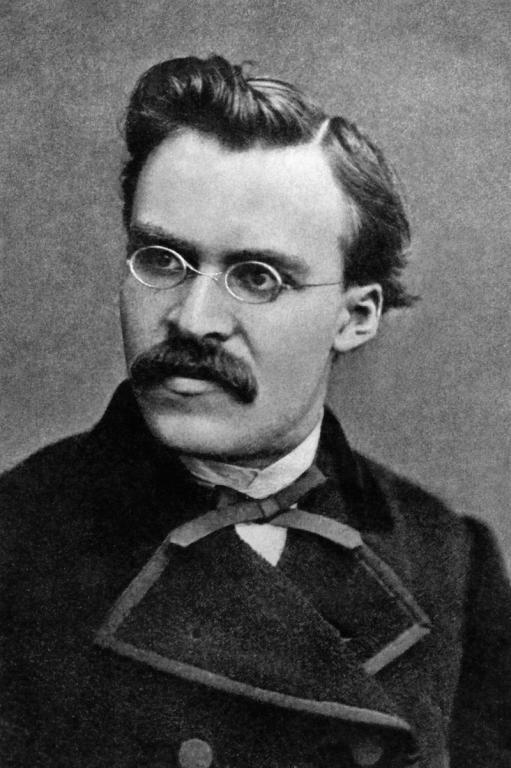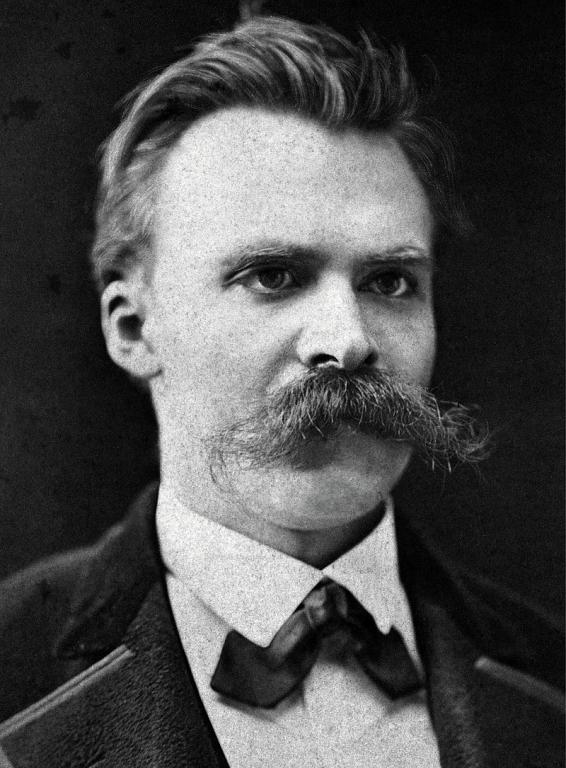 |
| RYGER / Shutterstock.com |
This post is part of a new feature from Patheos called Head to Head where our best minds debate the big questions of the day.
This week, I’m debating the Atheist Channel’s Ryan Bell of “Year Without God”. The question: does emphasizing the incomprehensible nature of god become an expression of atheism? Or put simply does religious faith require a personal God?
This topic was brought to us by James F. McGrath. You can see James’ thoughts at his blog, “Exploring our Matrix”.
My interlocutor, Ryan Bell, has written a perceptive piece in which he has argued that there are many persons these days who are functional atheists – persons who live their lives as if God does not exist. I am grateful for his insights and there are two points that come to mind as responses.
The first is that I agree with Ryan that there are many religious persons these days who are functional atheists. But at the same time I do not think that there are nearly as many as he thinks. I think that Ryan has cast the net too widely in his efforts to define ‘functional atheists.’ The longstanding view in my own tradition of Christianity is that God is personal, that He takes an interest in our day-to-day lives, and that He shapes our characters through the happenings in our environments. While God undoubtedly does sometimes do some seriously out-of-the-ordinary things in our lives, most of the time His preferred way of ministering to us seems to be through everyday events – He provides us with income by giving us the strength to work hard at our jobs, He heals our bodies through the hands of surgeons, He employs the laws to teach us to cooperate with our neighbors.
Religious persons who pray for the power of God to be manifested in their lives are not Ryan’s ‘functional atheists’ if they happen to believe that that power is usually shown through their ordinary experiences. The grace of God has been viewed in the mainstream Christian philosophical tradition as being a power that simultaneously sustains the agents and objects in our surroundings, and also works through these agents and objects to accomplish God’s will. The fact that I believe as a Christian that God’s usual way of teaching me spiritual truths is to use the law, my friends and family, my job, and my church does not mean that I am a functional atheist or that I think that God has receded into a nebulous and inaccessible background. If Ryan is trying to say that an understanding of God as working primarily through proximate causes – the agents and objects in our surroundings – is functional atheism then he unfortunately is misconstruing the tradition and is saying that leading Christians like Augustine, Aquinas, Melanchthon, Molina, Edwards, and Plantinga are all atheists. But I am not sure that Ryan wants to say this.
This leads me to the second point of my response. What I think that Ryan may in fact be saying is that there are many persons these days who go through the motions of faith but who are not sure – or who only grudgingly believe – that God is active in proximate causes like the agents and objects in our surroundings. If so, then I think that Ryan is absolutely right in his account of their views. Such persons’ versions of religious ‘ultimism’ do amount to functional atheism, in my view. When Paul Tillich says that ‘to argue that God exists is to deny him,’ he is projecting an anthropocentric understanding of ‘being’ upon something that he does not think is real. At the end of the day, the life of a functional atheist like Tillich is arrogant and self-absorbed because it is based on the idea that the fundamental thing in the universe is a projection of us. Tillich’s belief that we humans are all that matters is a position with which I cannot, at the end of the day, agree. It requires too much faith for me.












